Protests continue in Colombia, more deaths reported
People in Colombia continue to stage protests against the government of President Ivan Duque, and more deaths are being reported as a result of a crackdown by security forces in the country.
The reported death toll from the street protests rose past 40 on Tuesday. According to the country's human rights ombudsman, 41 civilians and one police officer were killed by then.
Riot police are presumed responsible for 11 killings, and seven deaths are classified as unrelated to the protests.
"We call for all necessary measures to be taken to put an end to the violence that is bleeding Colombia dry," the ombudsman's office said on Twitter.
Local advocacy group Temblores, however, said 40 protesters had been killed by police, and Human Rights Watch said it had received 46 credible reports of deaths and verified 13.
So far, three police officers are facing murder charges in connection with the killings.
The anti-government protests were initially staged against a plan for tax reform that has since been canceled.
The protests, however, gained momentum across the country with calls on the government to address growing poverty, inequality, and police violence.
Protesters now plan to stage a national strike.
The international community has decried what the United Nations (UN) has described as an "excessive use of force" by security forces.
There are also reports that some 379 protesters have gone missing over the past week.
Protests in the time of COVID-19
Meanwhile, authorities have warned of a prolonged peak in coronavirus cases. Officials said that the country's three largest cities, which have recorded nearly 79,000 COVID-19 deaths, are now bracing for an extended third peak in infection cases and over-stretched intensive care units.
Mayor of Bogota Claudia Lopez said on Monday that the capital was confronting a "hospital collapse."
She said that a fall in infections would not come until the end of May.
Lopez pointed out that the street protests had made quarantine restrictions nearly unenforceable.
Medellin's Health Secretary Andree Uribe warned of a possible crisis in the city, which is Colombia's second-largest, and where ICUs have been at or near full capacity for weeks.
"We know there will be an increase in cases, we're on alert, we are carrying out actions for early identification, like testing everyone who participated in the marches," she said.
In Cali, which has emerged as an epicenter of protests, ongoing rallies are likely to extend a current infection peak, according to the city's Health Secretary Miyerlandi Torres.
"We're worried about marchers who don't comply with any of the self-protection protocols like physical distancing and the use of face masks," she said.
"And with the presence of strains like the British one, which are highly contagious, it's indicated the figures won't fall in the short term," she added.
Local authorities said Cali's ICUs were about 95 percent occupied.
VIDEO | Press TV's news headlines
China warns of 'measures' following CIA’s Chinese-language recruitment drive
Official warns of ‘strong, decisive’ response to any adventurism against Iran
Palestine Action wins landmark legal victory against UK crackdown
VIDEO | World-class eye hospital in Iran’s Zahedan draws medical tourists
VIDEO | India voter roll revision sparks fear of voting disenfranchisement in India
VIDEO | South Africa voices support for Cuba amid US sanctions, threats
VIDEO | EU approves 90 billion euros more for Ukraine amid growing economic backlash


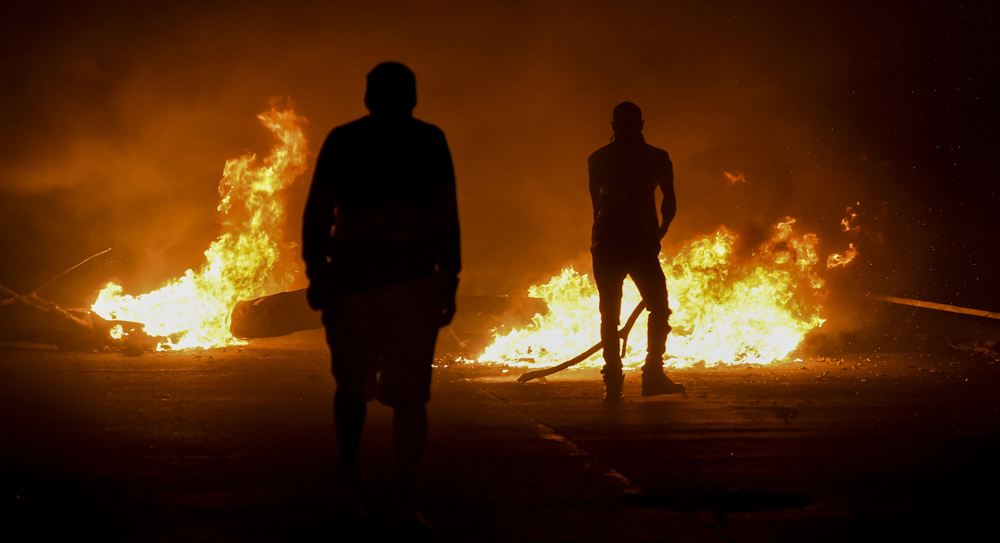


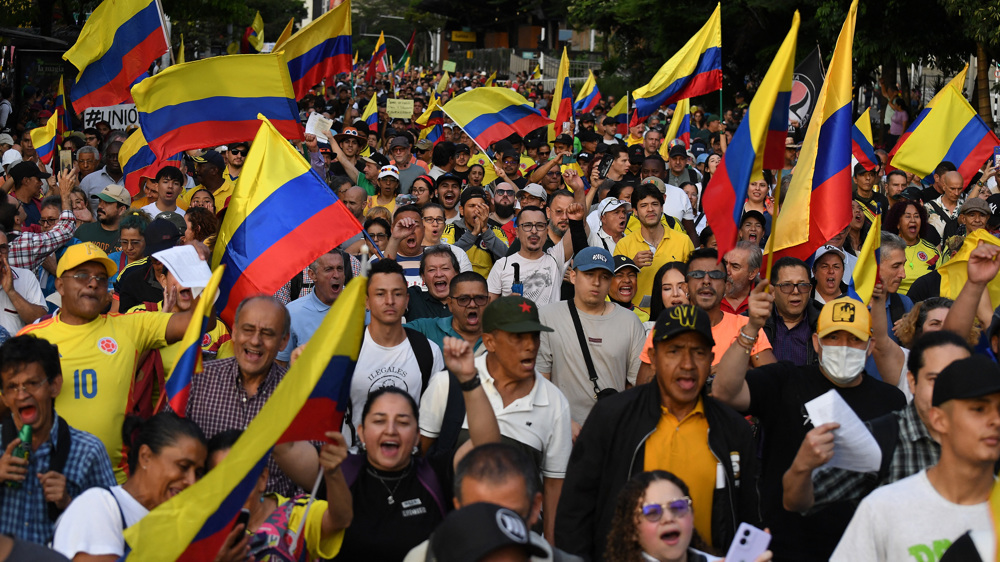

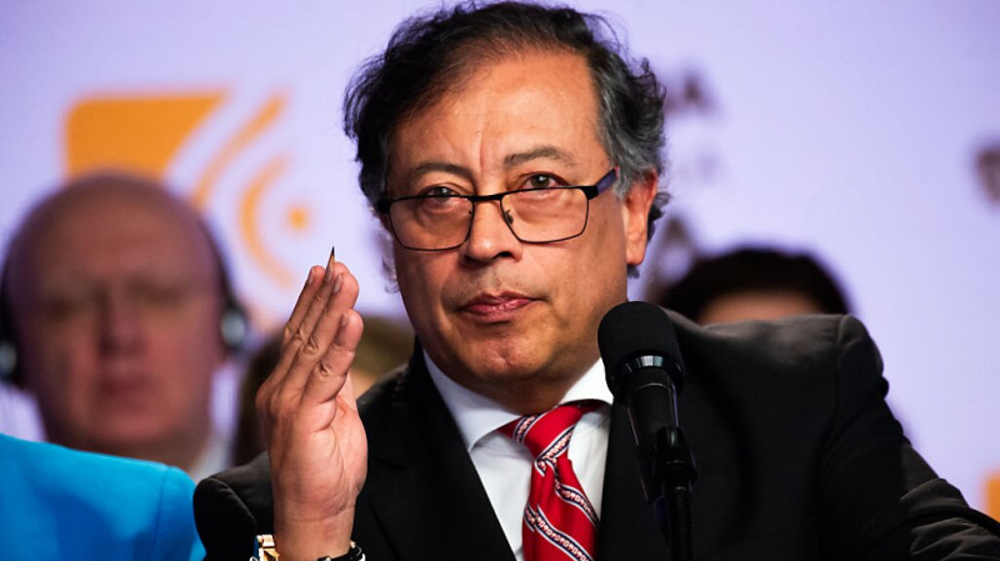



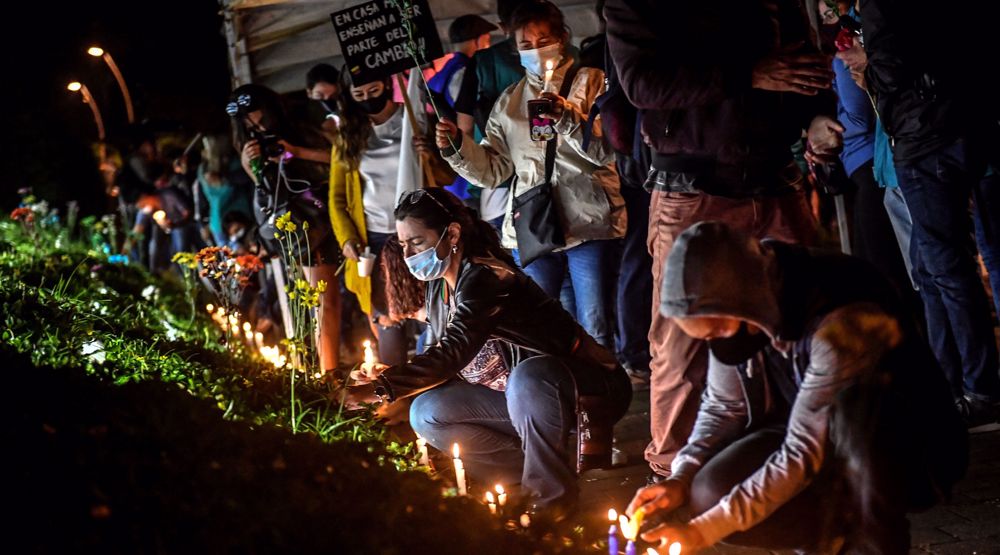
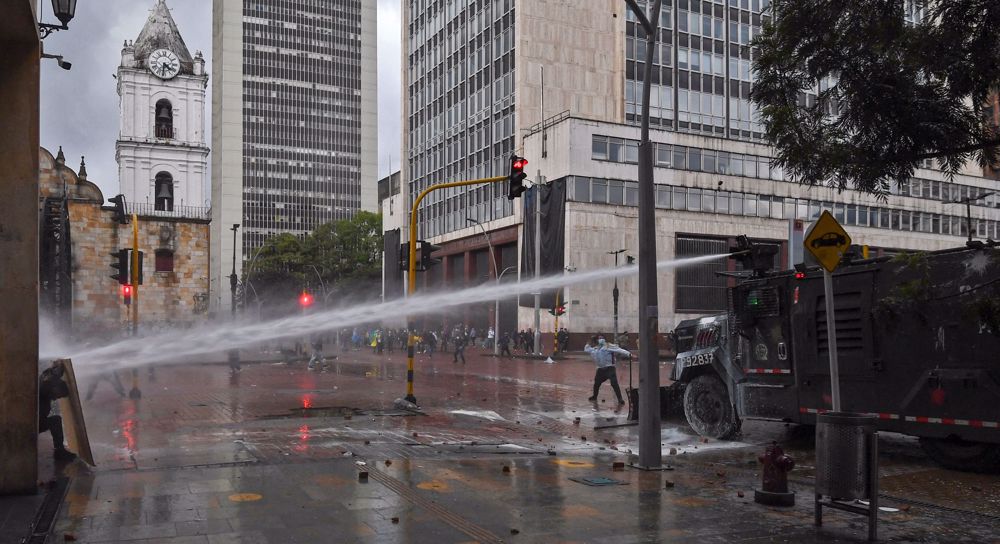

 This makes it easy to access the Press TV website
This makes it easy to access the Press TV website